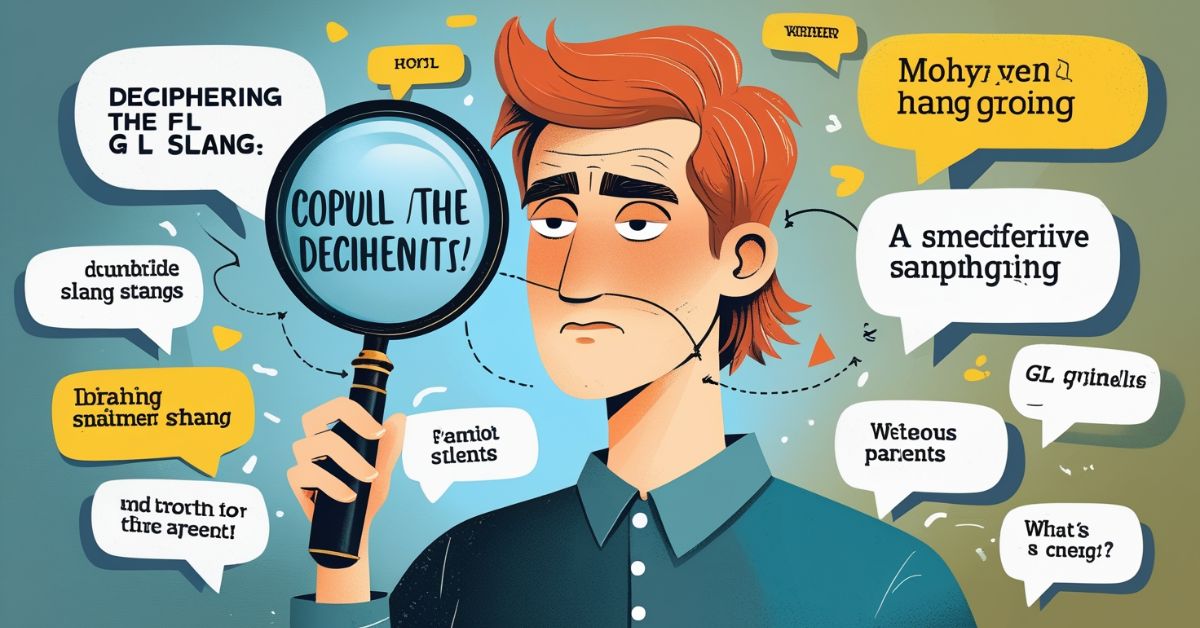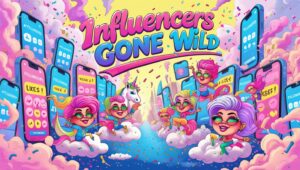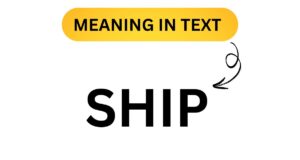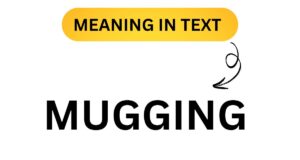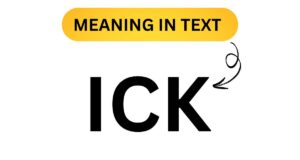“GL Slang: A Comprehensive Guide for Parents” is here to help you navigate the world of texting abbreviations your kids are using. If you’ve ever come across terms like “GL” in their messages and wondered what it means, you’re not alone. Understanding slang can feel overwhelming, but don’t worry we’ve got you covered!
In this guide, we’ll break down the most common slang terms, starting with “GL,” and give you the tools to stay informed. Knowing what your child is saying online is more important than ever, and we’ll help you keep up without the stress.
What Does “GL” Mean?
Alright, let’s cut to the chase. “GL” is one of the most common pieces of slang in the texting world, and it stands for “Good Luck.” That’s it! Easy, right? It’s typically used to wish someone well as they prepare for something challenging like a big test, an important interview, or even a nerve-wracking date.
Think of it like a digital pat on the back. Whether your kid is about to tackle their final exam or perform in the school play, a simple “GL” sends a message of support. It’s a quick and easy way to let someone know you’re rooting for them without getting all sentimental. And let’s be honest, sometimes that’s exactly what you need in the middle of a chaotic day.
Examples of “GL” in the Wild
Now, I know what you’re thinking: “This is great and all, but how does this actually look in a conversation?” Good question. Let’s go through a few fun, real-life examples.
Scenario 1: The Big Exam
Mike: Dude, I’ve got the final exam tomorrow.
John: Oh man, you’ve been prepping hard for it.
Mike: Yeah, can’t afford to mess this up.
John: Don’t stress, you’ve got this.
Mike: Thanks, mate.
John: GL for your exam, bro!
Mike: Thanks, I’ll need it!
In this example, John uses “GL” as a way to send good vibes and encourage Mike. Simple, effective, and dare I say cool.
Scenario 2: The Job Interview
Person A: Hey, I’ve got my job interview today!
Person B: Oh wow, that’s big. GL and hope you get it!
Person A: Thanks, I’ll need it!
Here, “GL” is just the thing you say when someone’s about to face a big moment in their life. Whether it’s a job interview or a presentation, sending good vibes is a no-brainer.
See? It’s a super chill way to show you care without overcomplicating things. Plus, it fits perfectly in a text message where brevity is key.
The Slang Revolution: What Else Do You Need to Know?
Okay, now that you’re an expert on “GL,” it’s time to introduce you to some of its friends in the world of texting slang. Trust me, this is the good stuff the more you know, the more you’ll be able to decode your kid’s messages without needing to Google every other word. Here are a few other commonly used texting abbreviations to keep your radar up and running.
“BRB” – Be Right Back
Ah, the classic. “BRB” is the texting equivalent of stepping out of the room but not wanting to leave a conversation hanging. It’s the digital “hold that thought” when your kid has to step away to grab a snack or find their favorite hoodie.
“BRB” is innocent enough, but make sure you don’t take it literally! Your child might say it and then vanish for 45 minutes, probably deep in the world of TikTok or a gaming marathon.
“OMG” – Oh My God
This one’s been around for ages, and it’s still going strong. If you get a message from your kid that says “OMG,” you know something shocking or at least entertaining just happened. Whether they’ve spotted a cute dog on the internet or failed a math test (again), “OMG” is shorthand for all the dramatic emotions in the world.
“IDK” – I Don’t Know
Short, sweet, and to the point. When your kid doesn’t have an answer but doesn’t want to leave you hanging, “IDK” is their go-to. Whether they’re trying to avoid answering a tough question or just genuinely don’t have a clue, this abbreviation saves them precious keystrokes.
“FOMO” – Fear of Missing Out
If you’ve heard this one, you know it’s often attached to your child’s social life. “FOMO” is the intense anxiety that comes when they feel like they’re missing something—usually an event, hangout, or trend that everyone else is a part of. Your kid might not know how to express their feelings any other way, so they just type “FOMO” and move on. Classic teen drama!
Why Parents Should Care About Slang
Now, you might be wondering, “Why should I bother learning all these abbreviations? What’s the point?” Well, as much as we wish we could just tell our kids to speak in full sentences (with proper punctuation, mind you), the reality is that slang is here to stay. And understanding these terms isn’t just about staying in the loop; it’s about protecting your kid, too.
Texting slang often evolves quickly, and some terms can carry more weight than you might expect. In some cases, slang can be a gateway to conversations about sensitive topics like peer pressure, online bullying, or even more dangerous behaviors.
By understanding what “GL” and other abbreviations mean, you can better decipher your child’s messages and make sure they’re not getting involved in anything risky.
Common Concerns Parents Have About Slang
But hey, don’t start panicking just yet! Most slang, like “GL,” is harmless. That being said, it’s totally understandable if you have some concerns about new language creeping into your child’s texts. Let’s address a few of the most common worries parents have.
“What if my kid is using slang for something bad?”
Good question. Some slang terms might have hidden meanings or associations with dangerous activities. But here’s the thing: Most of the time, slang like “GL” is just a harmless, feel-good term. If you come across something unfamiliar, it’s always a good idea to ask your child what it means. Keep the conversation open, and they’ll appreciate that you care.
“How can I monitor my child’s texting without invading their privacy?”
Great concern! The key here is balance. You want to stay aware of what’s going on in your child’s digital world, but you also want to respect their privacy. Consider using parental control apps or simply engaging in regular, honest conversations about online safety. And, of course, always encourage them to talk to you if something doesn’t feel right.
“What if I don’t understand the slang at all?”
That’s where we come in! With a little effort, you can pick up on the most common terms and even have a few fun conversations with your kids about it. It’s not about becoming a slang expert; it’s about showing your child that you care and that you’re making the effort to understand their world.
Conclusion
So, there you have it a crash course on “GL” and the wonderful world of texting slang. The bottom line is this: slang can be a fun and harmless way for kids to express themselves, but it’s always good to keep an eye on what’s trending in their conversations. Plus, who doesn’t love a little bit of digital deciphering?
Next time you see “GL” pop up in your kid’s texts, now you know it’s just a quick, friendly way of wishing them good luck. And if you come across something else that leaves you scratching your head, don’t hesitate to ask your child about it chances are, they’ll appreciate that you’re making the effort to connect with them.
